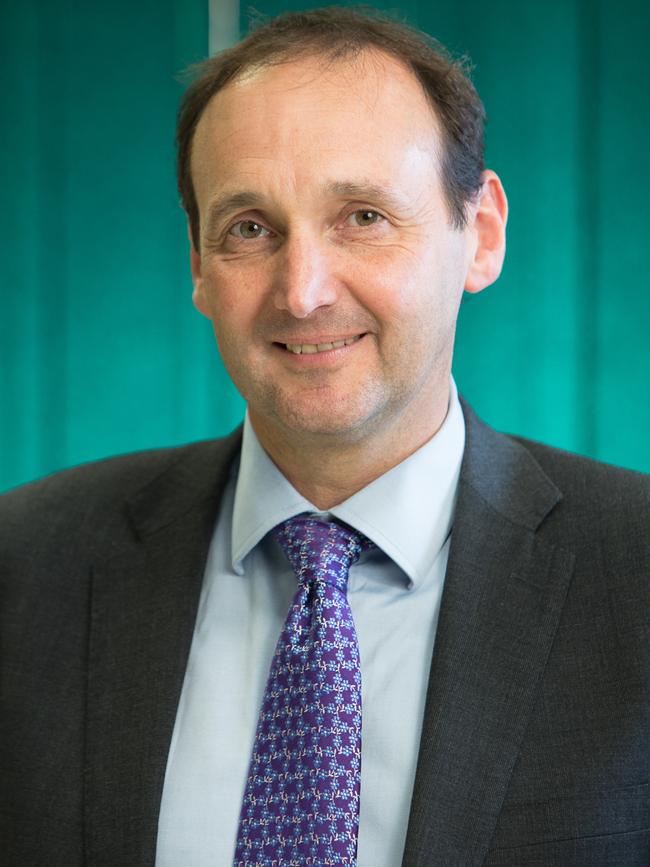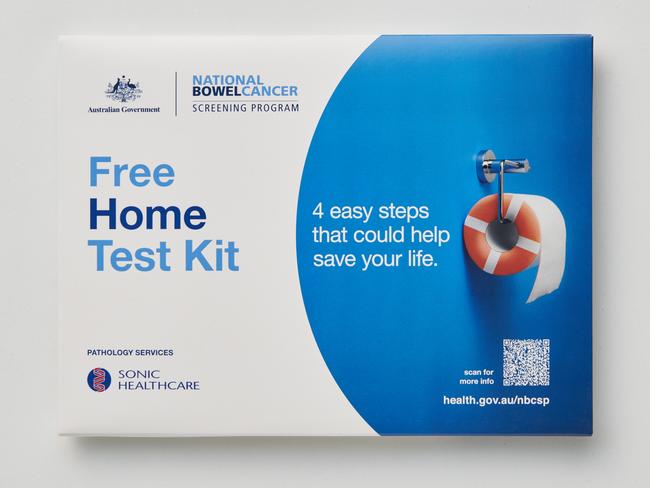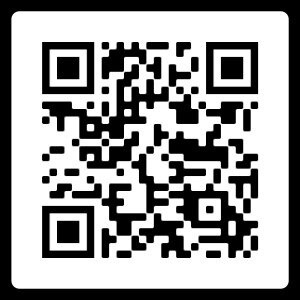Health lesson as simple as ABC: ‘avoid bowel cancer’ with free kit
More than 80,000 lives could be saved from cancer if people listened to advice about prevention over cure. See how you can do your part.
SmartDaily
Don't miss out on the headlines from SmartDaily. Followed categories will be added to My News.
It’s the health lesson we all know but too often ignore: prevention is always better than a cure.
Yet less than 50 per cent of recipients of the National Bowel Cancer Screening Program kit return their completed test.
If the return rate were raised to 60 per cent, University of Melbourne Herman Chair of Primary Care Cancer Research, Professor Jon Emery, says “we could save 84,000 lives by 2040”.

WHEN IT COMES TO DIAGNOSING BOWEL CANCER, WHAT ARE THE ROADBLOCKS?
There are a few – only 43.5 per cent of people who are sent the National Bowel Cancer Screening Program kit in the mail currently do it. This is a big missed opportunity to diagnose cancer before people develop symptoms.
People also don’t always recognise important symptoms of bowel cancer that they should discuss with their GP, such as blood in their poo, a persistent change in their bowel habit (diarrhoea or constipation), persistent abdominal pain or unexpected weight loss.
WHO IS MOST SUSCEPTIBLE TO BOWEL CANCER?
Men are at higher risk of bowel cancer than women. In 2021, about 8247 men and 7239 women were diagnosed with bowel cancer.*
The risk of bowel cancer also increases with age, especially from the age of 50, which is why the National Bowel Cancer Screening Program begins at that age.
People with a family history of bowel cancer are also at greater risk, such as those with a parent who was diagnosed before the age of 55, or two relatives with bowel cancer.

WHY DO POLYPS TURN CANCEROUS? IS THERE A WAY TO PREVENT THIS?
Most bowel cancers first begin as polyps and multiple changes in certain genes can develop, which means a polyp may eventually turn into bowel cancer. This is why polyps are removed at colonoscopy.
It’s the fourth most-diagnosed cancer in Australia, what can we do to increase survival rates?
One of the most important ways to improve survival is to detect it earlier through bowel screening. If we could increase the rate of screening from its current level to 60 per cent, we could save 84,000 lives by 2040.

WHY IS BOWEL CANCER NOT BEING DETECTED EARLY ENOUGH?
BOWEL CANCER HAS A 90 PER CENT SURVIVAL RATE IF DETECTED EARLY, YET IT’S STILL THE SECOND DEADLIEST CANCER IN AUSTRALIA. WHY IS IT NOT BEING DETECTED EARLY ENOUGH IN A LARGE PORTION OF THE POPULATION?
Again this comes back to the importance of early detection. Only about half of bowel cancers are detected at an early stage when treatment is much more likely to be successful. This is why it is so important for people to do the bowel cancer screening test when they receive it.
Cancer Council and the Australian Government are urging Australians aged 50 – 74 to Get2it and participate in the National Bowel Cancer Screening Program. For more information visit cancer.org.au/bowelscreening.
*Source: Cancer data in Australia, the Australian Institute of Health and Welfare (2021).



